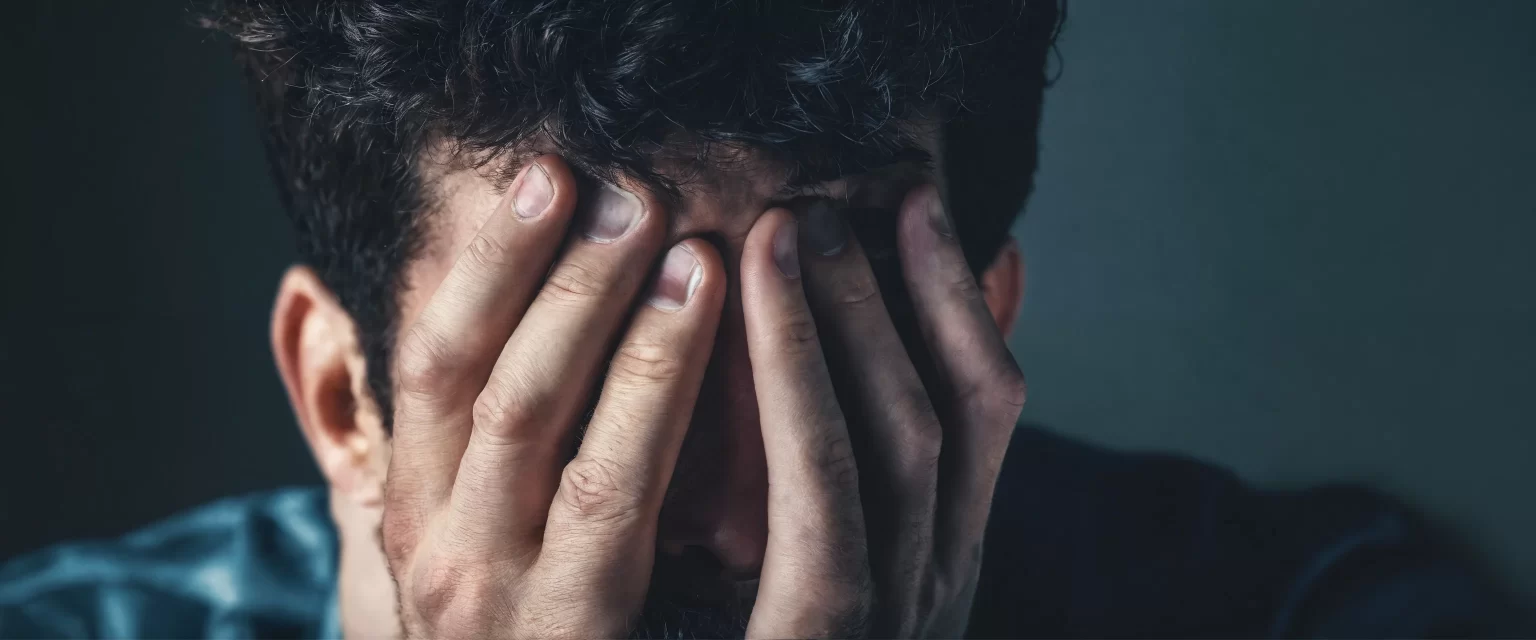“Shame derives its power from being unspeakable. That’s why it loves perfectionists—it’s so easy to keep us quiet. If we cultivate enough awareness about shame to name it and speak to it, we’ve basically cut it off at the knees. Shame hates having words wrapped around it. If we speak shame, it begins to wither.” – Brene Brown
I realized that shame, at some point in my life, firmly and conveniently settled around my neck, taking control of practically every aspect of my life.
It’s difficult to say now whether it settled in after my childhood trauma or if it happened even earlier. But I think several factors contributed to its establishment: the shame of a seven-year-old girl whose parents divorced; the shame of a teenage girl “soiled” by unwanted attention; and the shame of an early-matured teen who couldn’t handle her boldly expressed sexuality, trying to feel as genderless as possible. Perhaps there was also shame for what my parents were ashamed of — probably my dad.
What is shame?
From Wikipedia: “Shame is a negatively colored emotion, the object of which is any action or quality of the subject. Shame is associated with a sense of social unacceptability of that which is shameful.”
Shame is a wonderful tool.
Wonderful because it works on its own — when someone shames another — and, like a parasite, takes over the consciousness where a solid “self” has not yet formed. It loosens the ground for new shameful seeds, easily planted and manipulated.
Shame is a socially conditioned phenomenon.
I’m convinced of that — because the face of morality (not moral character) completely depends on the standards recognized in society, in a given place and time. Relatively recently born and not yet able to learn the norms of the society they live in, children aren’t ashamed of anything.
Kids can run naked in the streets, shout loudly, call each other names (most often without intent to offend), touch others without boundaries, and generally behave without moral filters — and they are forgiven for this, as beings not yet capable of grasping morality. I remember myself as a kid very well — a rebel, disagreeing with many of the moral positions instilled in me by my parents, which I considered barbaric in relation to personal freedom.
Shame is a means of teaching.
Unfortunately, parents often use shame as a tool to teach. It’s convenient and easy. It’s much harder to explain logically, to argue or negotiate — especially when the main parental argument is “because I said so.”
If my parents had spent more time and patience — even using their richer vocabulary — explaining why certain things shouldn’t be done, and what the consequences might be, I would’ve been far more loyal to many of their opinions and rules. That might have spared me the rigidity with which children are often bound by imposed boundaries, often at the expense of their creative development.
Fortunately, I have a very flexible psyche. So when I was placed in the corner to “think about my behavior,” I traveled with my mind — creating new dimensions where I could fly freely, as much as my soul desired.
But not every child is as resilient. Some are shamed into fear — fear of acting, thinking, and simply being themselves. So they begin looking for a way out — through defiance, through drugs, alcohol, or by shutting down.
Amid my childhood trauma, I escaped into studying and creating inner worlds where everything worked and where I was loved and accepted. Almost every moment I wasn’t studying, I spent lying in bed, lights off, fantasizing. That might not sound extreme — but it wasn’t very healthy, either.
Fortunately, my resilience allowed me to return safely to a more familiar state and adult life. But did the shame leave at that moment? No. I don’t think it ever left. When I began to see myself as a successful person — in school and career — shame simply shifted its focus. It took over my personal life, my sense of self as a woman and an individual, managing my life like a boss.
How many books? How many trainings? How much psychoanalysis? How many attempts to realize, accept, and love myself? How many times have I asked what’s wrong with me? I can’t count. I’ve studied every system, tried every technique — yet nothing helped me truly accept myself, relax, or stop “eating myself up.”
The turning point came when I realized my shame was not just a story.
I think I took the first step toward that realization at one of the Landmark seminars, when I stood up and said in front of the whole hall: “I realized that something is wrong with me: I thought something was wrong with me.” Suddenly, the picture was clear.
“I am not OK” — this is the first shock a child experiences. This is the first trigger of shame. This is the first tragedy in the life of any child. The causes may differ, but the story is always the same:
“Something’s wrong with me!” And it’s this story that we spend much of our lives trying to fight.
Is shame necessary?
On one hand — how else can a child, or anyone, determine whether they fit into the norms accepted in their society? But on the other hand… as Prot said in the film K-PAX: “Everybody in the universe knows right from wrong.”
I agree. I believe that every child is capable of distinguishing truth from falsehood, right from wrong, simply by asking their wise inner self.
An attempt to shame someone doesn’t teach morality — it teaches fear. It may reinforce reflection, but wouldn’t it be better to teach children to rely on common sense and an understanding of cause and effect?
Shame is subjective.
I believe shame is always conditioned subjectively. What is shameful in one place, culture, society, or religion may be welcomed — even celebrated — in another. It can vary from person to person. And so it can feel like we’re all alone in this fight against shame.
But there comes a time we must face it. So I say: I refuse to continue living under its guidance. I no longer care what caused it to take root in my mind. From this moment, I begin the process of deportation.
Acting without shame isn’t being shameless. It’s about acting from inner truth. It doesn’t mean breaking morality. It means being authentic.
Shame is unnecessary.
It doesn’t help us evaluate ourselves or our actions against social norms — common sense does that. Shame kills the life inside a person. Shame parasitizes. Shame devours.
Authenticity rules.



